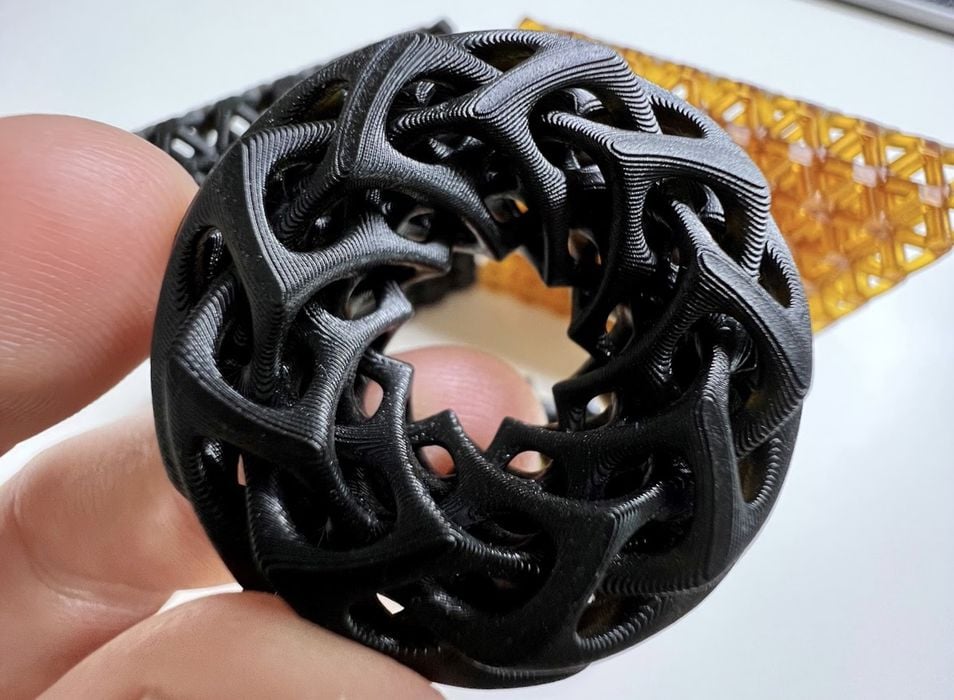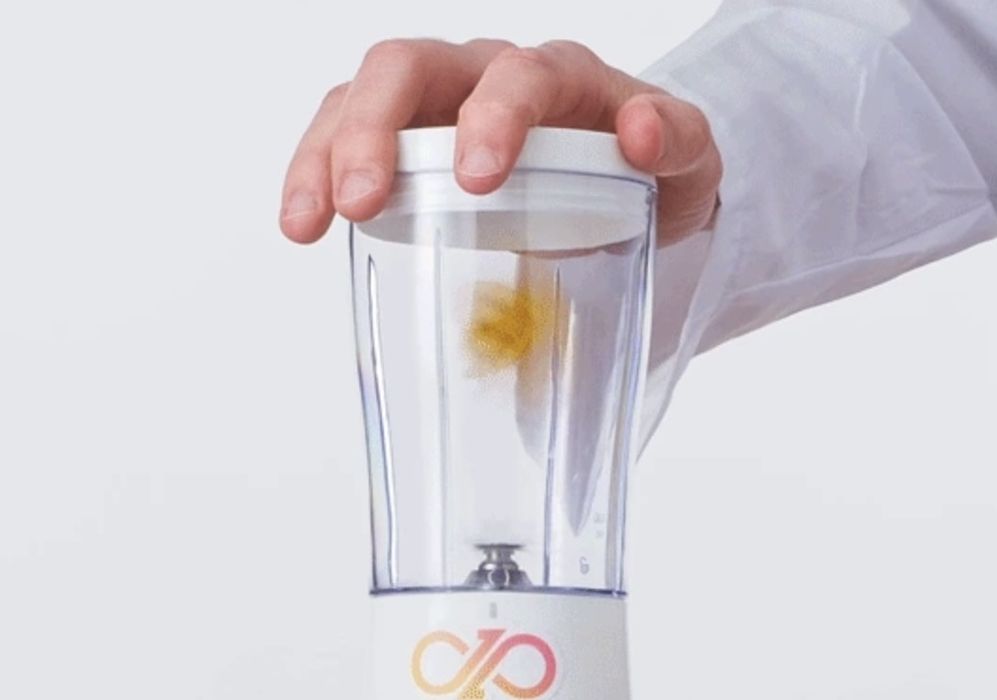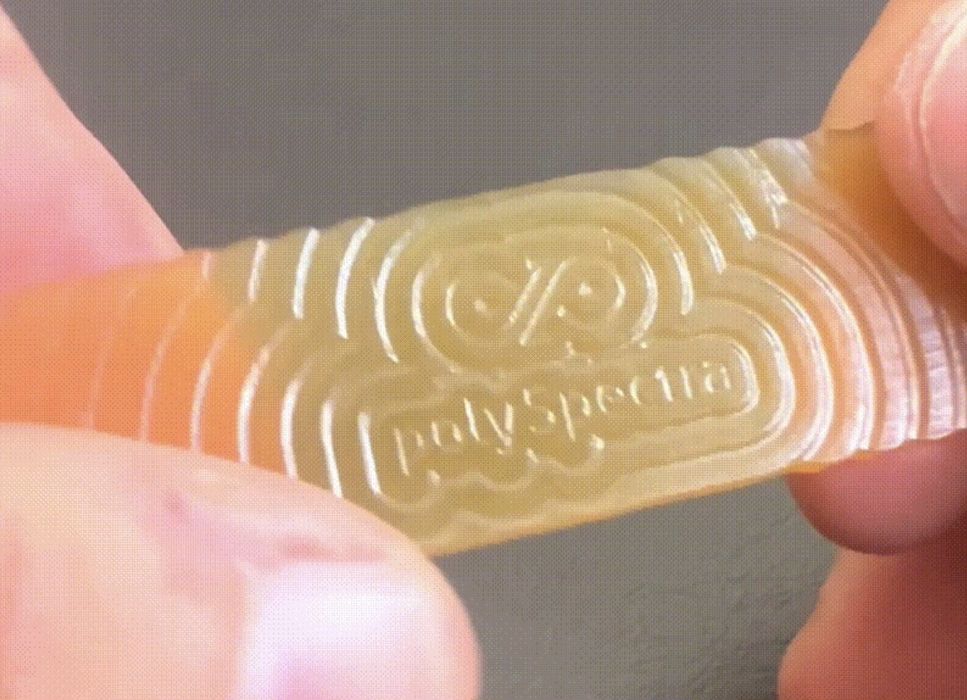
polySpectra announced a new 3D printer resin that offers incredible strength.
The materials, in the new COR Zero line, are described as “extremely rugged”, and “manufacturing grade”. I presume that’s entirely true based on their video showing this test:

Yes, that’s a print made from COR Zero that’s bouncing around in a blender — without damage! To be fair, it wasn’t a BlendTec blender, though.
Any other resin 3D print put in that blender would utterly shatter. The downside of resin 3D printing has long been the fragility of the parts produced. This has limited typical use of resin parts to less stressful functions. For proper strength, manufacturers would turn to FFF or SLS technologies to produce very strong polymer parts.
Even better, COR Zero has very high temperature resistance, making it ideal for applications involving heat, such as valves or piping.
Can anyone use this resin? Apparently so, polySpectra explains:
“COR Zero is a manufacturing-grade material for resin 3D printing that can be printed and processed in a home workshop, with inexpensive equipment.”
Here are the material properties:
Tensile Properties:
- Average UTS: 53 MPa
- Average Modulus: 2175 MPa
- Average EAB: 18%
Impact Strength:
- Average Notched IZOD 27 J/m
- Average Un-Notched IZOD 400 J/m
Thermal Properties (by DMA)
- Glass transition temperature (Tg) between 125 °C (E” max) and 145 °C (tan delta)
I asked polySpectra CEO Raymond Weitekamp about this equipment, any special processing concerns. He explained:
“The key equipment that is different from your typical resin are that a freezer is needed to store the resin cold, and a microwave is needed to post-cure the parts.”
Those don’t seem to be very special, as every workshop or home would have both. However, Weitekamp cautions that the quality of results depends on the quality of the resin 3D printer in addition to the material. However, he does say that MSLA devices will certainly be able to use COR Zero.

What is COR Zero? polySpectra explains:
“COR – Cyclic Olefin Resin – materials offer a suite of rugged capabilities unique in the 3D printing industry. Resin-based 3D printing has historically been plagued by issues of brittleness and poor thermal stability, holding this technology suite back from real-world end-use acceptance. With proven flagship technologies compatible with both industrial and desktop DLP/LCD 3D printers, COR materials bring additive manufacturing to true production quality. COR Zero unlocks these advanced manufacturing capabilities for individual innovators at home.”
They say that parts made with COR Zero could be used for high-stress mechanical applications, such as “gears and impellers”, manifolds, consumer products wearables and much more.
In an unusual move, polySpectra is launching the product on Kickstarter, a method typically used for DIY 3D printing tools. The company is very confident they will find a market among desktop resin 3D printer operators. Weitekamp explains:
“It took us more than a decade to develop a COR formulation that was safe enough and inexpensive enough for individuals to use in their own workshop. We’re partnering with Kickstarter specifically because the kind of person who would be most empowered by COR Zero is the kind of person who would launch a Kickstarter for their innovative physical product idea.”
This new material could be a big deal, as it opens up the possibility of many new applications for resin 3D printing. Resin printing has always had a resolution advantage over other 3D printing processes, but now its disadvantages may have disappeared with the introduction of COR Zero resin.
Finally, in another unusual move, polySpectra produced this amusing “trailer” for COR Zero:
Via polySpectra and Kickstarter
